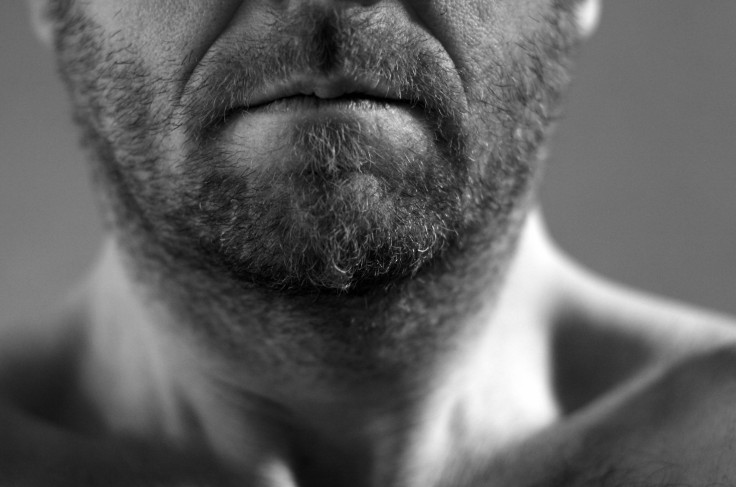Growing A Beard May Protect Men From Bacteria And Their Infections, Thus Promoting Good Health

Beards may serve a perhaps surprising hygienic purpose, according to a new study published in the Journal of Hospital Infection. A team of researchers combed through the beards of hospital workers and compared bacteria levels to their clean-shaven hospital workers. Their findings may encourage men to flaunt their facial hair.
For the experiment, researchers swabbed the beards of 408 male hospital workers from two different teaching hospitals in 2013. Next, they compared the prevalence of certain bacterial strands in beards to the clean-shaven cheeks of their male hospital coworkers. Clean-shaven men were three times more likely to carry harmful bacteria, including Methicillin-resistant Staphlyococcus aureus (MRSA), than their bearded counterparts. According to the Centers for Disease Control and Prevention, MRSA is a common and dangerous hospital-acquired skin infection that’s resistant to many antibiotics currently available today. Researchers also found men without any facial hair are 10 percent more likely to carry patches of MRSA on their faces.
"Our study suggests that facial hair does not increase the overall risk of bacterial colonization compared to clean-shaven control subjects," the study’s authors wrote. "Clean-shaven control subjects exhibited higher rates of colonization with certain bacterial species."
Researchers suspect it has to do with the “microtrauma” men experience when they shave. The repeated abrasions that occur day after day help bacterial colonies grow and spread on the skin. But according to another experiment conducted in 2014, another theory is that the beards may be able to fight infection.
Dr. Adam Roberts, a microbiologist at the University College London, swabbed a random assortment of beards and placed the samples in petri dishes. He was able to grow 100 different kinds of bacteria out of the beard samples. But Roberts found a presence of microbes seemed to be destroying all other bacteria in the petri dishes. He isolated the microbe and placed it in a separate petri dish with Escherichia coli, more commonly referred to as E. coli, and found it was able to effectively kill the bacterium.
Meanwhile, a previous experiment demonstrated how beards harbor more bacterium than those with clean shaven faces. A beard swap test conducted by reporters at Action 7 News in Albuquerque, N.M., who teamed up with Quest Diagnostics, revealed men’s facial hair contained the same bacteria typically found in intestines and fecal matter. Beards can trap dirt and germs more easily, but the truth is that as long as proper hygiene is maintained, most men’s beards contained normal levels of bacteria. Keeping clean and not clean shaven could be the trick to the healthiest faces.
Source: Sakai Y, Qin L, and Miura M, et al. Successful infection control for a vancomycin-intermediate Staphylococcus auereus outbreak in an advanced emergency medical service centre. Journal of Hospital Infection. 2016.
Wakeam E, Hernandex RA, Rivera Morales D, Finlayson SR, Klompas M, and Zinner MJ. Bacterial ecology of hospital workers’ facial hair: a cross-sectional study. Journal of Hospital Infection. 2014.



























